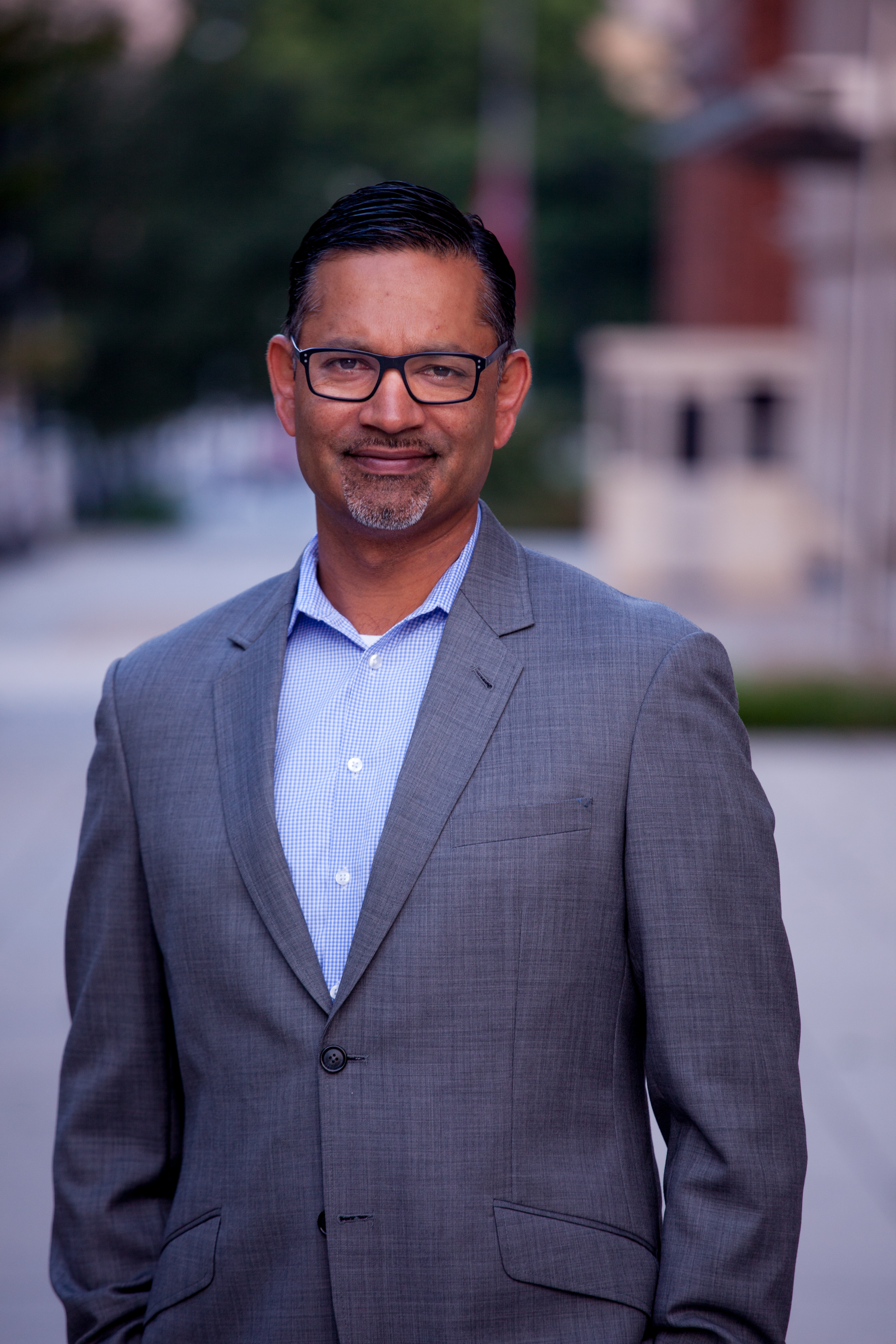How Immigration, Faith, Neighborhoods and Quality of Life are Changing Across the Nation
As a new decade dawns, the American experience is often described as individualistic, isolated and increasingly digital, with traditional community ties fraying and fractured. But in fact, a strong sense of community remains core to the American experience and is simply showing itself in new forms.
So what is the future of communities? In looking for answers, Knight Foundation asked four leading scholars and community leaders to consider this question: “What is the most important trend that will transform how Americans think about community over the next decade?”
The common themes emerging from these essays are that high-touch tools requiring human interaction are critical to building trust, especially when people fear their neighborhoods are changing too quickly and their job security is at risk. Local leaders, not just those with formal roles such as the pastor or police chief, but business owners and community activists, can bridge those divides when they are seen as trusted messengers. And faith communities can remain places for spiritual growth and connection, even if it’s less about the Sunday morning service.
Americans crave connection, and neighborhoods and cities that provide opportunities for citizens to fully live a life of connection will thrive.
Four thought leaders examined trends they thought are the future of American communities – immigration, religion, civic engagement and quality of life. They wrote the following essays:

Out of Many, One: Immigration, Identity and the American Dream
The authors’ views expressed in these essays are their own.
You may also be interested in…
-
Community Impact / Article
-
Community Impact / Article
-
Community Impact / Article
-
Community Impact / Article




